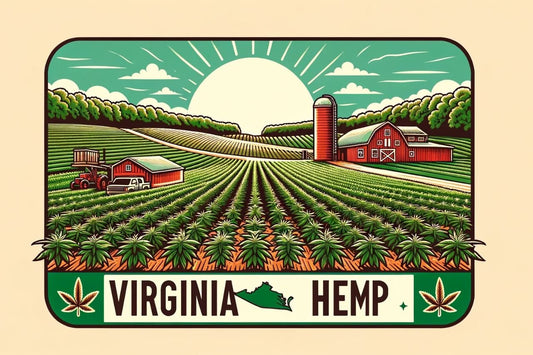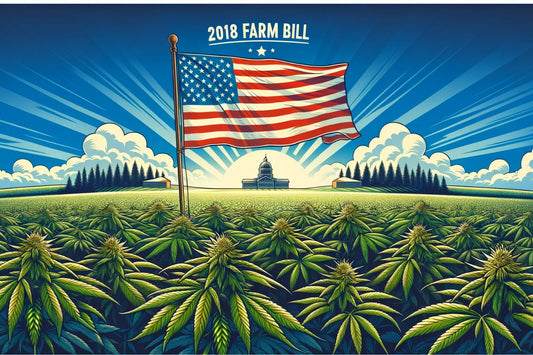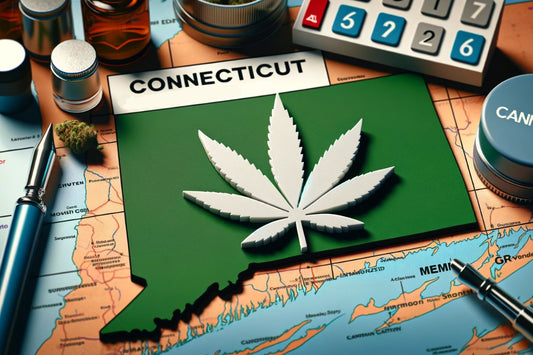The cannabis conundrum in road transport
As Germany stands on the cusp of cannabis legalisation, it's crucial to delve into the nuances that are either inadvertently overlooked or deliberately ignored by the current coalition. Specifically, the spotlight is on road transport and the implications of THC drug tests for drivers.
License revocation can impact anyone, from the average car owner to professional drivers. Interestingly, authorities in the USA are now taking a closer look at truckers' cannabis consumption.
Instead of arbitrary restrictions without scientific backing, as seen in some regions, the US is moving towards clear, fair regulations for truckers. After all, in many states where cannabis is legal, these products are just as popular among truckers as they are with the general working population.
Justice and transport ministries investigate cannabis in trucks
Removing truckers from their vehicles based on even the slightest detectable THC levels, equating them to intoxicated hit-and-run drivers, is not fitting for democratic nations in the 21st century. Such actions should be based on concrete, empirically validated data.
The US is increasingly adhering to this principle, revising its previously harsh stance on cannabis and introducing more realistic regulations. The focus has shifted from arbitrary penalties to research.
While US ministers are proactive in this regard, their German counterparts from the FDP, Marco Buschmann (Justice) and Volker Wissing (Transport), seem to be more complacent. Despite their liberal stance, they remain silent on the injustices surrounding drug tests, watching as citizens face unwarranted penalties daily.
Measuring cannabis fairly behind the wheel
Sanctions should only be imposed when there's a clear threat to driving ability due to cannabis consumption. The FDP seems content with the status quo, while only the Greens have recently called for new road traffic regulations. Observers are puzzled by the Greens' sudden vocal stance, especially since they've been promising cannabis legalisation for years.
Experts have long argued for a revision of laws concerning cannabis consumption in trucks, cars, and even bicycles. However, only in the US do authorities heed these professionals' advice, much like the case with industrial hemp for sustainable agriculture. As a result, the precise technology for detecting THC will likely emerge from a US corporation, bringing innovations, job opportunities, and more accurate driving regulations.
Re-evaluating THC levels for driving
While truckers in North America can often choose between beer and cannabis, the data presented in the US ministries' research report may not directly correlate with the situation on German roads. However, numerous studies highlight a decline in accident rates following cannabis legalisation, likely due to many individuals switching from alcohol to legal cannabis products.
Almost half of all truckers in the US reside and operate in states where cannabis is legal. While acute cannabis consumption can impair driving ability, this fact is no longer exaggerated. With cannabis freely available, there hasn't been a surge in highway accidents involving trucks. However, there's a significant demand for accurate drug tests by authorities, companies, and drivers themselves.
Often, cannabinoids are detected during employment screenings, leading businesses to complain about the continuous testing despite legalisation. They point to the added costs, running into millions of dollars. Treating a legal recreational substance the same way as prohibited ones is becoming increasingly untenable in the US, especially in road transport.
Cannabis legalisation, drug tests, and fair traffic regulations
The trucking industry, drivers, and experts are collectively calling for several changes. These range from protecting individual privacy to refining recruitment processes and continuous education. Foremost among these is the development of accurate tests for cannabis and its components. In the future, the presence of THC in the system should only be penalised if it clearly impairs driving ability.
There's a growing sentiment against mandatory drug tests during job interviews in the US trucking sector. This practice is deterring much-needed new talent, who are declining offers in numbers similar to young, well-trained professionals from around the world avoiding Germany due to its unclear cannabis policies.
Future legislation concerning driving licenses and truck cabins should focus on accurate THC measurement without moralising or ruining lives. With costly tests and rising insurance premiums, many companies are under financial strain. There's also a call for more respect from authorities, especially the police.
Unlike the ambiguity and ignorance seen in some regions, the US's traffic policies are increasingly embracing realism, fairness, and scientific evidence. After all, truckers, as essential components of logistics, vote just like any other adult, and they're growing weary of the state's arbitrary stance on cannabis consumption.










